May 19, 2024 | 08:47 GMT +7
May 19, 2024 | 08:47 GMT +7
Hotline: 0913.378.918
May 19, 2024 | 08:47 GMT +7
Hotline: 0913.378.918
According to the Binh Dinh Forest Protection Subdepartment, the province has three firms that produce the hybrid acacia variety using the tissue culture technique, with a combined annual capacity of more than 26 million trees. These companies include Quy Nhon Forestry Company Limited, Nguyen Hanh Plant Service Private Enterprise (or DNTN Nguyen Hanh in short), and Vu Ha Company Limited.
Recognizing the trend toward sustainable afforestation since 2005, DNTN Nguyen Hanh developed a tissue cultured acacia variety capable of producing around 10 million seedlings per year for distribution to foresters across the country.
In 2018, as part of the project "Applying science and technology to develop a system for the production of new and high-quality forestry seedlings for large timber plantations in Binh Dinh province's mountainous districts," "DNTN Nguyen Hanh received advanced meristem culture technology from the Institute of Forest Tree Improvement and Biotechnology (Vietnam Academy of Forest Science).
Following the reception, DNTN Nguyen Hanh's engineer team has worked to adapt the manufacturing process to the natural and earthy circumstances of the Central region, particularly Binh Dinh, to guarantee industrial production scale.
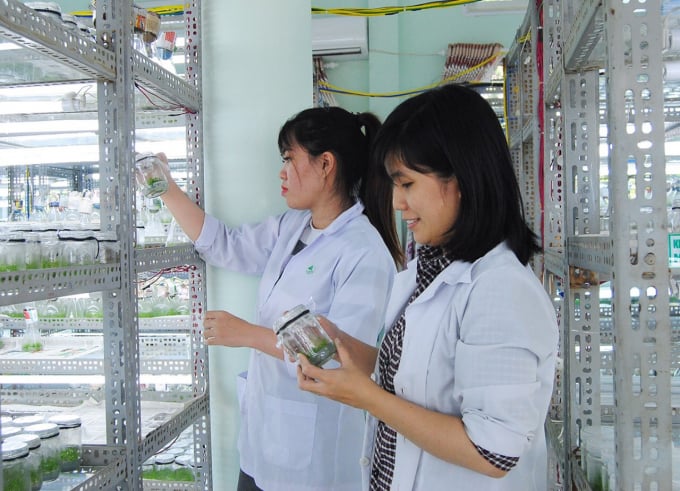
In 2010, Quy Nhon Forestry Co., Ltd. started to produce tissue culture acacia seeds with a production capacity of 3-5 million seedlings annually. Photo: N.N
Ms. Phan Thi Hanh, director of DNTN Nguyen Hanh, said that the enhanced meristem culture technique enables quick propagation, high seedling numbers, and almost consistent seedling quality. With current technology, it is feasible to reproduce millions of seedlings with all of the mother plant's properties, including growth, development, insect resistance, and wood quality.
In 2010, Quy Nhon Forestry Company Limited invested in a tissue transplantation seedling manufacturing line with a planned capacity of ten million seedlings per year. Currently, the enterprise produces between 3 and 5 million seedlings each year, with 1 million trees utilized for afforestation operations and the remainder sold on the market.
"In the immediate term, the firm will focus only on tissue culture seedling production. Because this is a manufacturing process that needs highly experienced people, the business has created a human resource training program to enhance the capacity of the tissue culture line, which is planned to produce 10 million seedlings per year." he Chairman of Quy Nhon Forestry Company Limited Tran Nguyen Tu said.
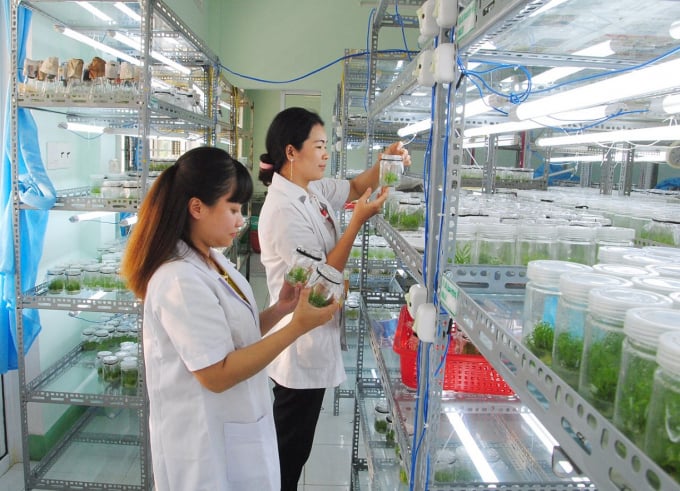
Advanced meristem culture technology allows rapid propagation, large numbers, and almost uniform quality of seedlings. Photo: N.N
Binh Dinh foresters are becoming fond of tissue cultured acacia due to its high survival rate, rapid development, and ability to improve both the quality of the forest area and production efficiency.
According to acacia forest owners who plant tissue culture varieties, the tissue-cultured hybrid acacia grows quicker, has a larger trunk diameter, and is 1.5 times taller than acacia mangium in the same temporal environment and regime.
Additionally, tissue culture hybrid acacia is resistant to wind and storms, owing to its fewer branches and strong roots, as well as its increased resilience to pests and diseases. Tissue culture variations have a low seedling density, which reduces the cost of seedlings, fertilizers, and manpower " My 26ha of acacia forest planted in the direction of a 1-year-old huge wood forest is growing extremely well, and when compared to acacia mangium planted at the same time, my forest is developing twice as quickly and twice as well." According to Mr. Do Duy Thuy, head of a family engaged in afforestation in Canh Hien commune (Van Canh District, Binh Dinh).
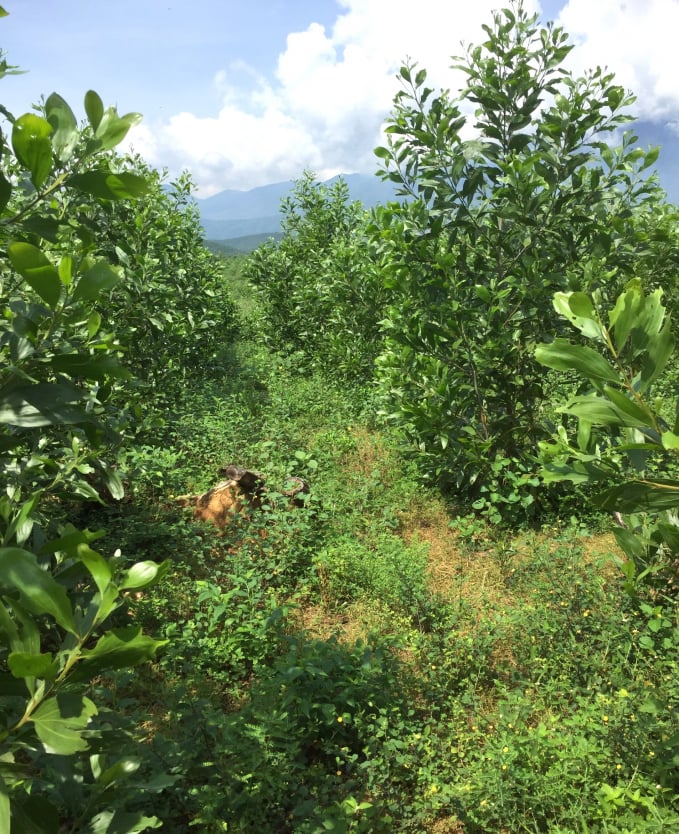
The tissue cultured hybrid acacia grows quicker, has a larger trunk diameter, and is 1.5 times taller than acacia mangium. Photo: D.T
Additionally, Mr. Nguyen Anh Dung of Phuoc "In the past, my family established woodlands with acacia mangium," my commune (Quy Nhon city, Binh Dinh) said. In 2016, the Provincial Agricultural Extension Center provided me with 100 percent of a new 1 ha tissue culture hybrid acacia hybrid; the results are really favorable; the survival rate exceeds 95 percent, the plants grow and develop rapidly, and the plants have a high degree of uniformity."
"Binh Dinh exploits and plants almost 10,000 hectares of forest each year. In response to the changing trend toward using forestry seedlings, province-based firms specialized in the manufacture of forestry seedlings have invested in extending their production scale. The functional sector propagates and educates forest growers on the appropriate selection of forest tree varieties through tissue culture in order to contribute to economic efficiency and the development of large-scale timber afforestation in the province's direction", Mr. Nguyen Dinh Lam, Head of the Binh Dinh Forest Protection Subdepartment's Forest Use and Development Department.
Translated by Linh Linh
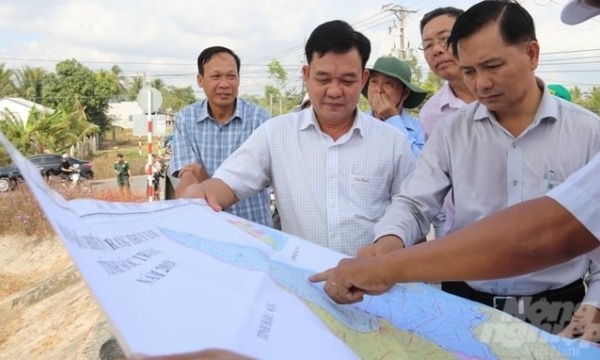
(VAN) Due to the limited attraction of investments, certain projects are experiencing slow operation, the provincial authorities in Soc Trang have requested multiple departments, agencies, and local governments to address and resolve these challenges.
/2024/05/15/1829-4-165554_210.jpg)
(VAN) Thanks to experience and the application of scientific advances in production, citrus trees in Bac Tan Uyen district are harvested all year round without worrying about 'excess products flooding the market'.
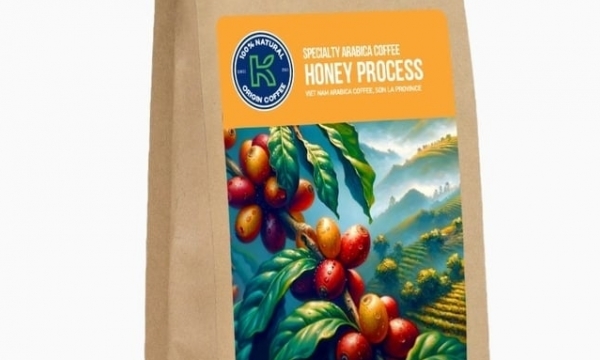
(VAN) Phuc Sinh Group officially launched its Honey & Natural Specialty Coffee product on May 15, featuring coffee beans harvested from the Northwest Arabica coffee region.
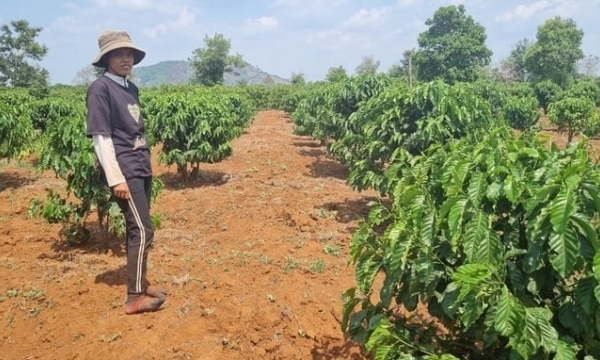
(VAN) Despite local authority's advice to stabilize sustainable production, people are rushing to plant coffee seeds due to the high coffee prices.
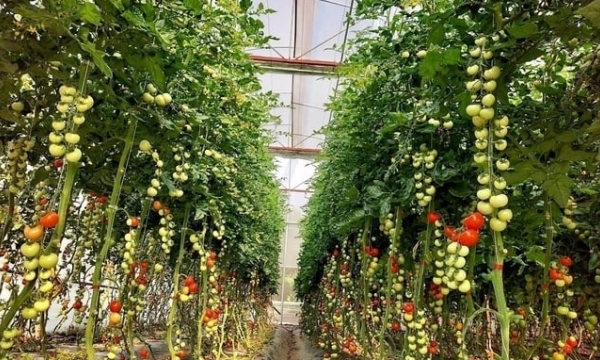
(VAN) Thanks to the support from FAO experts, Mr Tu has learned the techniques of grafting and producing vegetable seedlings to supply for Moc Chau (Son La).
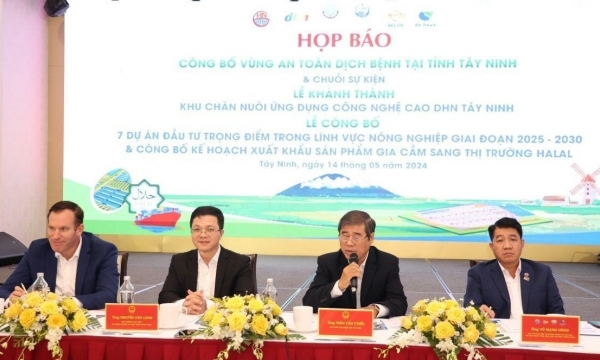
(VAN) A press conference was held to discuss the announcement of disease-free zones in Tay Ninh province and a series of events scheduled for May 19.
/2024/05/14/3402-0-222618_328.jpg)
(VAN) To develop deer farming sustainably, Ha Tinh province synchronously implements many solutions, including encouraging businesses to maintain and improve the quality of the deer breed herd.